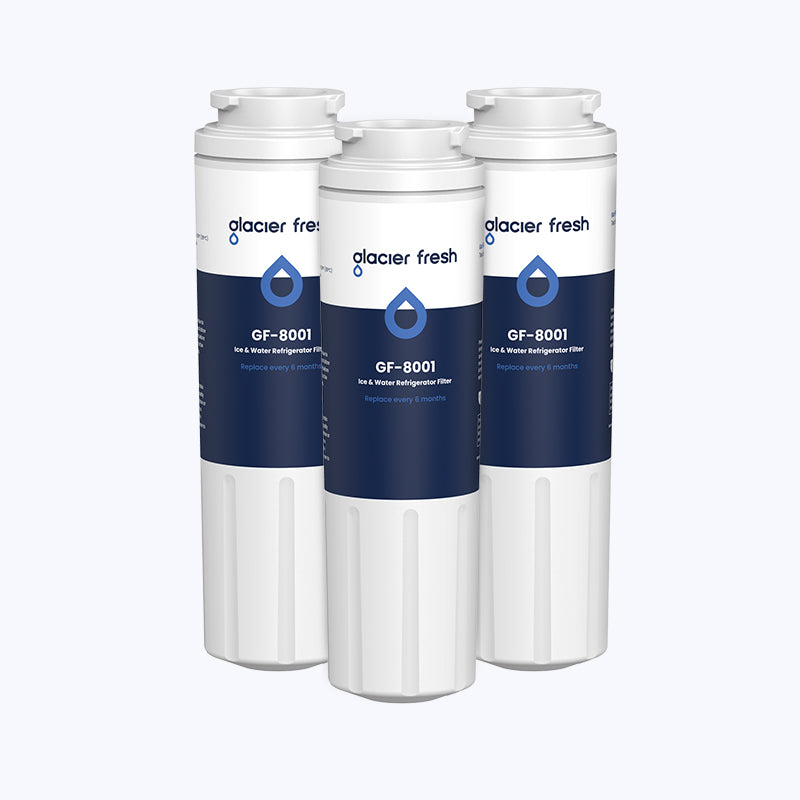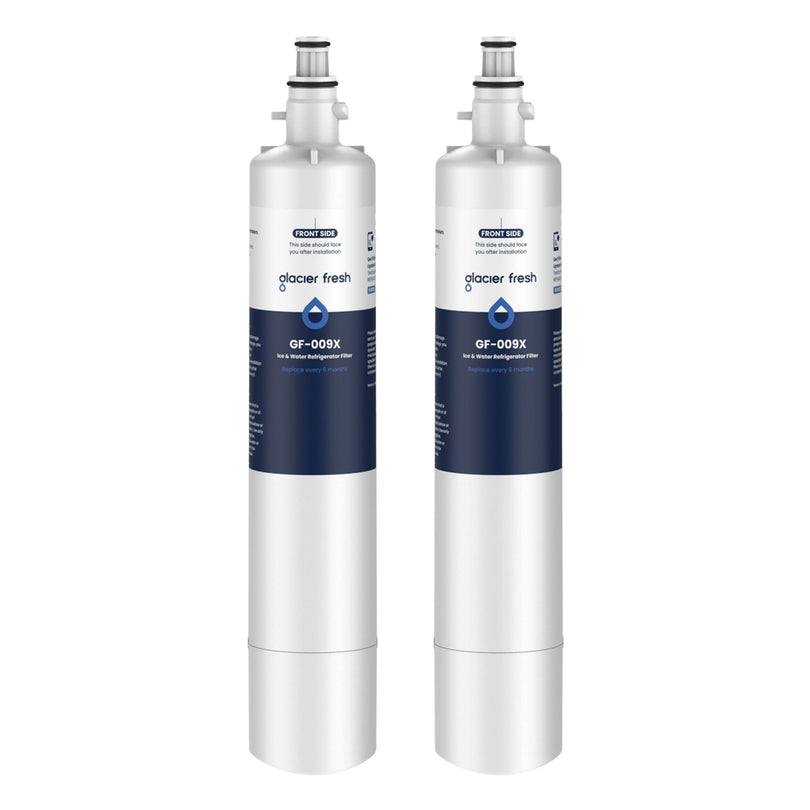Table of Contents:
Stellen Sie sich vor: Sie haben gerade ein anstrengendes Training hinter sich, der Schweiß läuft Ihnen übers Gesicht. Sie greifen nach Ihrer Wasserflasche, stellen jedoch fest, dass sie leer ist. Ihre Lippen fühlen sich ausgetrocknet an und Sie bekommen Kopfschmerzen. Das haben Sie schon einmal erlebt, aber haben Sie schon einmal darüber nachgedacht, was in Ihrem Körper vor sich geht?
Dehydration ist mehr als nur Durst. Es ist eine stille Krise, die viele Menschen betrifft, oft ohne dass sie es merken. Aktuelle Studien legen nahe, dass etwa 75 % der Amerikaner regelmäßig dehydriert sind. Und angesichts der steigenden Temperaturen und unseres hektischen Lebensstils ist es wichtiger denn je, diesen Zustand zu verstehen.
Was ist Dehydration?
Dehydration tritt auf, wenn Ihr Körper mehr Flüssigkeit verliert als er aufnimmt, wodurch das empfindliche Gleichgewicht der Mineralien gestört wird. Es geht nicht nur darum, nicht genug Wasser zu trinken; Situationen wie übermäßiges Schwitzen, Durchfall und Erbrechen können zu Dehydration führen. Wenn wir den Wasserbedarf unseres Körpers nicht decken, kann dies schwerwiegende Folgen haben. Schließlich besteht unser Körper zu fast zwei Dritteln aus Wasser!
Symptome, auf die Sie achten sollten
Die Symptome einer Dehydrierung können heimtückisch sein. Während Durst, trockener Mund und Müdigkeit die häufigsten Anzeichen sind, übersehen viele Menschen Symptome wie:
- Verminderte Urinausscheidung
- Dunkel gefärbter Urin
- Kopfschmerzen
- Muskelkrämpfe
- Benommenheit oder Ohnmacht
Eine stärkere Dehydration kann sich wie folgt äußern:
- Ausgetrockneter Mund und trockene, rissige Lippen
- Niedriger Blutdruck
- Verminderte Wachsamkeit
- Mangelnde Urinausscheidung oder sehr dunkelgelber Urin
- Eingefallene Augen und Verwirrung
Bedingungen, die Ihr Risiko erhöhen
Bestimmte Umstände können Sie anfälliger für Dehydration machen. Dazu gehören:
- Krankheit: Fieber begleitet oft verschiedene Krankheiten und führt zu erhöhter Körpertemperatur und Flüssigkeitsverlust.
- Bewegung: Intensive körperliche Aktivität, insbesondere in heißen Umgebungen, kann zu erheblichem Flüssigkeitsverlust führen.
- Altern: Bei älteren Erwachsenen kann es aufgrund des reduzierten Körperwassergehalts natürlicherweise schneller zu Dehydrierung kommen.
- Diabetes: Erhöhte Blutzuckerwerte können zu vermehrtem Harndrang und Flüssigkeitsverlust führen.
- Nierenerkrankung: Eine eingeschränkte Nierenfunktion kann die Abfall- und Flüssigkeitsbeseitigung beeinträchtigen.
- Alkoholkonsum: Alkohol kann die Freisetzung von Vasopressin unterdrücken, einem Hormon, das zur Wassereinlagerung beiträgt.
- Essstörungen: Erkrankungen wie Anorexie und Bulimie können zu Verhaltensweisen führen, die das Dehydrationsrisiko erhöhen.
Ausreichend Flüssigkeitszufuhr
Der Schlüssel zur Bekämpfung von Dehydrierung ist die Vorbeugung. Männern wird empfohlen, täglich 15,5 Tassen Wasser zu trinken, während Frauen 11,5 Tassen anstreben sollten. Aber reines Wasser zu trinken kann langweilig werden. Peppen Sie es auf, indem Sie Ihr Wasser mit Zitrone oder Limette aufgießen oder eisgekühlte Kräutertees probieren. Es kann auch hilfreich sein, eine Wasserflasche mitzunehmen und hydratisierende Lebensmittel wie Wassermelone und Joghurt zu sich zu nehmen.
Abschließende Gedanken
Dehydration ist eine stille, aber ernstzunehmende Gefahr. Die Symptome zu erkennen und die Bedingungen zu verstehen, die das Risiko erhöhen, kann lebensrettend sein. Wenn Sie also das nächste Mal Durst oder Kopfschmerzen verspüren, denken Sie daran, wie wichtig es ist, ausreichend zu trinken.
Und wenn wir schon beim Thema Wasser sind: Haben Sie schon einmal über die Qualität des Wassers nachgedacht, das Sie täglich trinken? Erwägen Sie die Anschaffung eines hochwertigen Wasserfilters, um sicherzustellen, dass Sie nicht nur Ihren Körper mit Flüssigkeit versorgen, sondern dafür auch das reinste Wasser verwenden, das möglich ist. 💧
Bleiben Sie hydriert, bleiben Sie gesund! 🥤🌊
Wenn Sie diesen Artikel informativ fanden, vergessen Sie nicht, ihn mit Ihren Freunden und Ihrer Familie zu teilen. Und wenn Sie die Welt des reinen, sauberen Wassers erkunden möchten, sehen Sie sich unser Angebot an Wasserfiltern und intelligenten Wassergeräten an.








